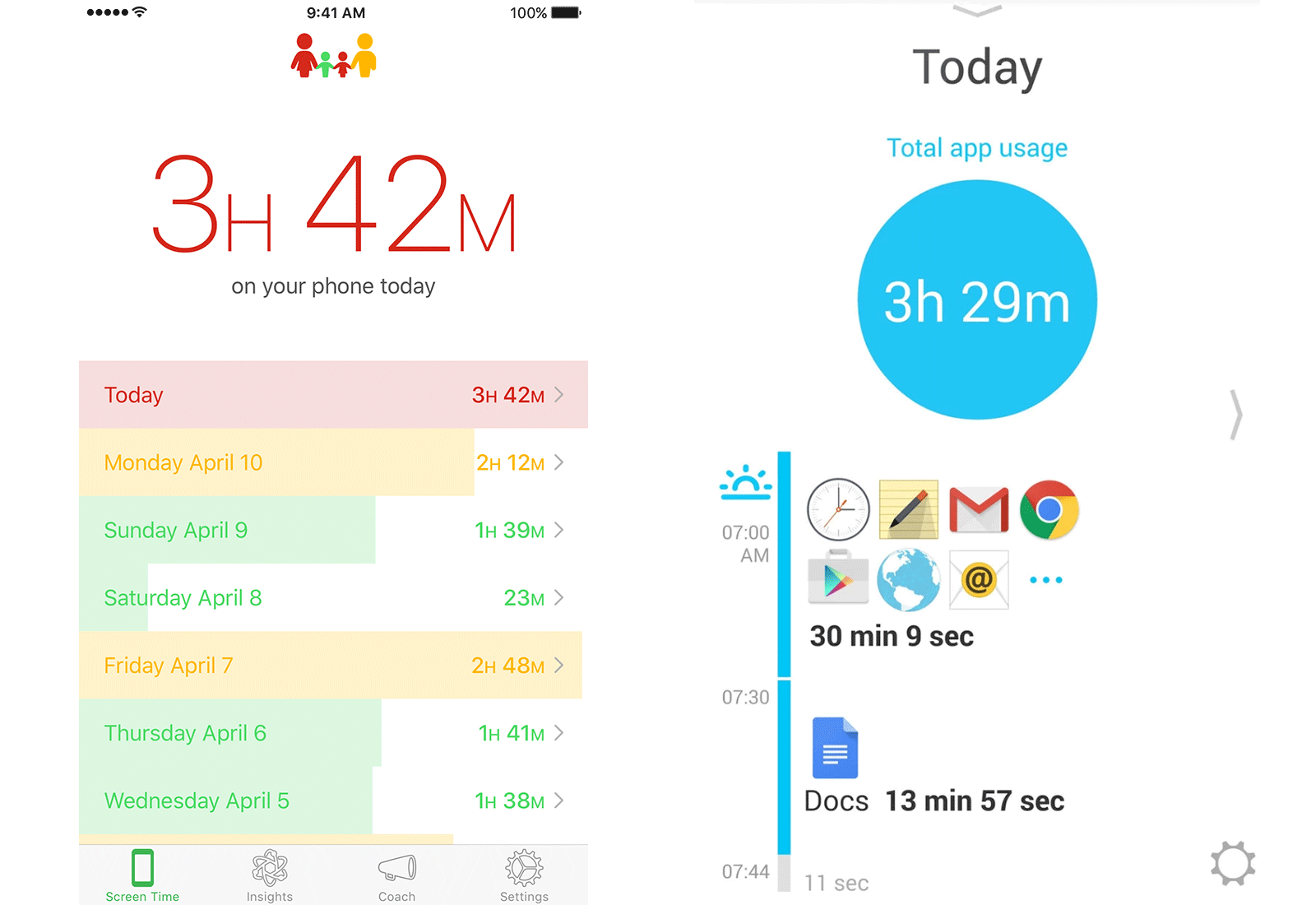
03 Apr The real Facebook scandal is not about our data, but our time and attention
The Cambridge Analytica scandal has moved into a phase of attempting to show everything that is bad about Facebook’s data practices. The huge collection of data by tech companies has dominated most of the conversation, moving into the brash memos of executives who probably should have known better. It’s forced Mark Zuckerberg on a charm offensive media tour.
You are the product
The central trade off free Internet services is that you give your personal data away in order for the platform to improve their advertising model. Data is the new oil, after all. To some degree, most users of such products are aware of this trade off. But it is quite clear that many people are unnerved by the extent of the data harvested by such companies.
This is not a moot point. If people are unaware of how much data they are giving away, it says something about the transparency of said tech companies. Buried within lines of vast terms and conditions that few people ever read, the trade off is made. The scale of it is disturbing – particularly if it can be harvested by third parties.

Heavier screen time is making it more difficult for us to switch off and give our minds a proper rest.
Is data really a problem?
But, perhaps, the personal data trade off is not the biggest problem with technology platforms. What does it mean that they have tracked our whereabouts? Does it really effect you that a machine knows you have surfed some sites? Can it be used to manipulate people’s emotions in a way that sways elections? Does the last Facebook ad we’ve seen really drive us to buy anything?
The answer is largely no, unless of course this ends up in the wrong hands (which is really the source of the current controversy). That said, absorption of our personal data by technology companies is a largely passive trade that affects us little in isolation.
A much bigger issue is that consumption of our attention, and it is the use of largely onsite collective behavioural data that is used to this end – rather than our personal data.
Addictiveness
From onsite data, the world’s best application designers to build engines of mass persuasion and distraction. The addictiveness of smartphones and social media is deliberately built into the product through various attempts to change user habits and behaviour – split tested and optimised over and over to ensure its ultimate stickiness.
Mark Zuckerberg recently spoke to Ezra Klein of Vox about this issue, claiming:
We don’t have teams who have, as their primary goal, making it so people spend more time. The way I design the goals for the teams is that you try to build the best experience you can. I don’t think it’s really right to assume that people spending time on a service is bad. But at the same time, I also think maximizing the time that people spend is not really the goal either.
But Facebook deploys a system of a newsfeed, likes, and notifications, which are intermittent variable rewards. The effect of these is akin to casino goers gaining pleasure from small wins at slot machines. The social media design of gamified randomness lures us back for more.
Time consumption
Few people will wake in the morning thinking they want to spend more time on their smartphone or social media. But, they inevitably do, as they seek out informational stimulation in the nooks and crannies of down time. This activity has become so vast that younger age groups are spending well over 80 hours a month tuned into their smartphone screens. It is difficult to understand this as a positive situation – particularly at a time when young people’s level of anxiety is rising at a dramatic rate.

Apps like Moment and Quality Time can measure your screen time.
Our attention, after all, is a finite resource, and passive consumption is essentially a devouring of time – something that cannot be replaced once passed. Facebook and Google, and all the rest of the ‘you are the product’ Internet may all be harvesting surprising amounts of your personal data, but we may easily go about our daily lives without this effecting us very much.
When we sit down on the sofa at the end of the day, and check into social media applications, thirty minutes may pass before we consciously close our screen and take the real world back in. The notifications, the feed, the likes all provide their temptations.
For half an hour we have been absorbed in a media space of low stimulation and little consequence. This is a much more serious trade off than merely being tracked. Our time is limited, after all.




Sorry, the comment form is closed at this time.